
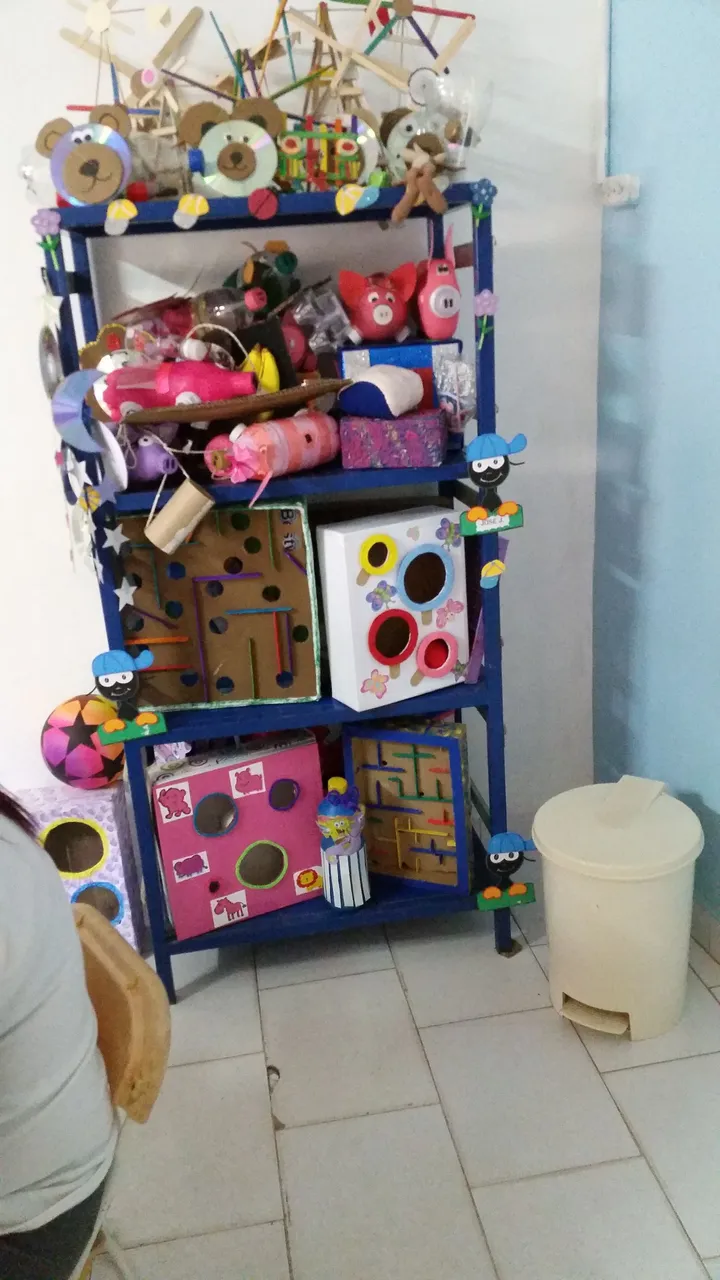
La educación en Venezuela está circunscrita a deberes y derechos reseñados en el las leyes. Su gratuidad y obligatoriedad está decretada por el estado venezolano, hacia toda la población del país. Las escuelas cumplen una función social que debe ir de la mano con su función académica donde todos los niños aprenden contenidos que les va a ayudar a igualmente su progreso escolar, social y emocional.
Las escuelas son por excelencia un lugar de encuentro donde adultos y niños hacen vida gran parte de su jornada diaria. Esta convivencia está influenciada por factores de diverso orden que con el tiempo transforma los hábitos y las pautas de socialización. Los centros educativos son microsociedades donde se ven reflejado los hábitos y costumbres del entorno cultural.
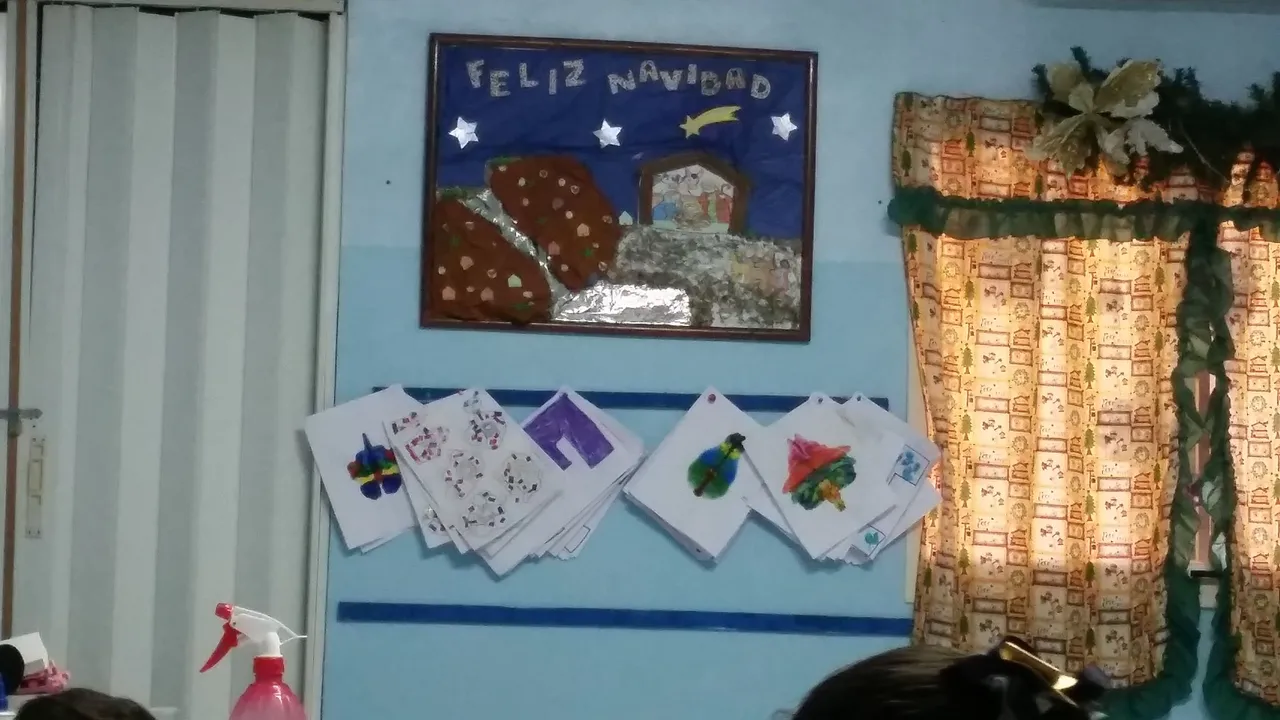
Sabemos que las personas son catalogadas como seres sociales, gregarios, que construyen su entorno social conforme progresan en el entramado y entendimiento social, eso hace que las normas, reglas y pautas, de alguna manera, modelen la conducta y la forma en cómo asumimos la compleja receta de las relaciones con los demás, desde todas las artistas sociales.
Igualmente estamos conscientes de que no todas las personas tienen los mimos recursos personales para hacer frente a la compleja y crítica naturaleza de emprender un proceso de empatía con lo demás, puesto que cada uno de nosotros versa sus relaciones conforme a patrones derivados de sus condiciones personales y ambientales. Herencia y ambiente haciendo su encuentro sempiterno desde antes, incluso, del nacimiento.
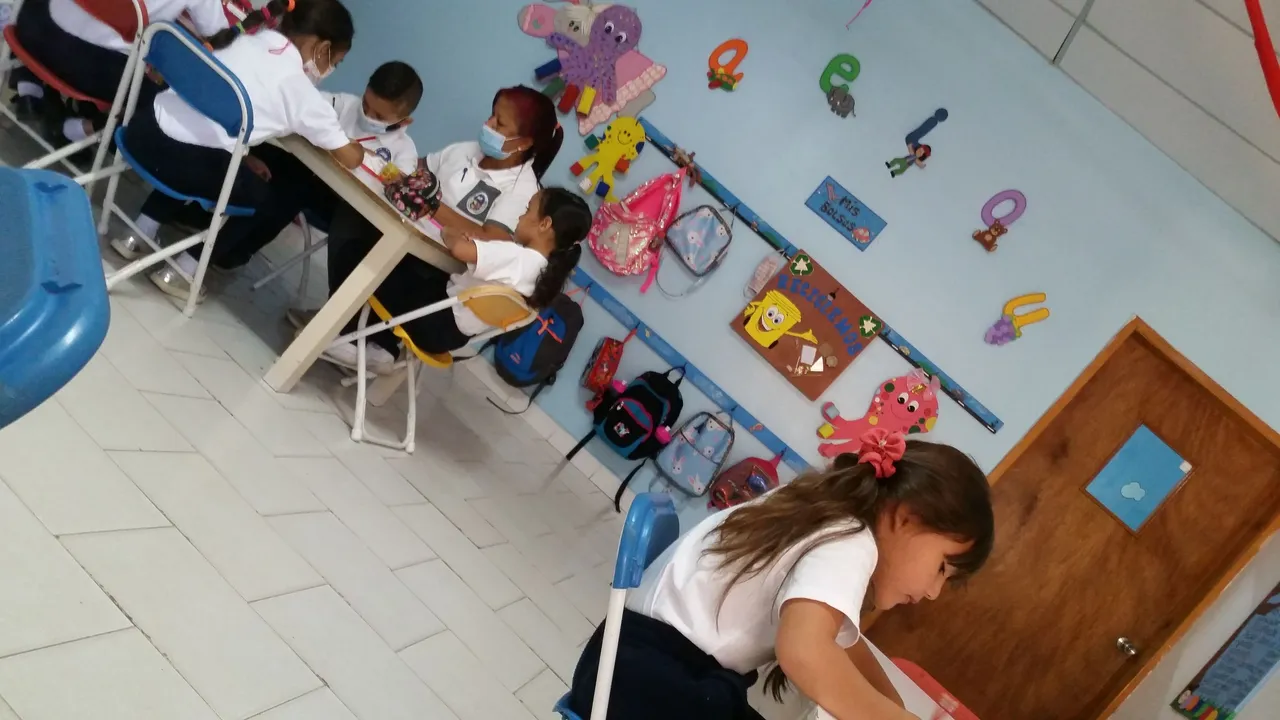
Los niños autistas, conforme a las experiencias que van adquiriendo en su progreso por los caminos sociales, crean también expectativas, no solo propiamente sobre las relaciones con las personas como individuos; sino también en el carácter del conglomerado que estas relaciones aportan a su vida, a su bienestar social y personal. Y sabemos que los niños a quienes se les señala con debilidades para gestionar sus fortalezas personales en función de construir relaciones propositivas con su entorno, son señalados, etiquetados, marcados, seleccionados y colocados en un margen cuyas implicaciones, invisibles y dolorosas, quedan en el anonimato público.
Cuando hacemos presencia en un centro escolar, y somos buenos observadores, nos daremos cuenta de quiénes son estos pequeños que sufren la ignorancia de la institución sobre la que los padres han colocado, no sólo sus esperanzas, sino también los propósitos de vida para que sus pequeños puedan contar con el apoyo necesario para abrirse paso hacia la consolidación progresiva de la vida social, tan importante para la independencia y construcción de un proyecto de vida, a futuro, cuando ya no puedan acompañarlos.
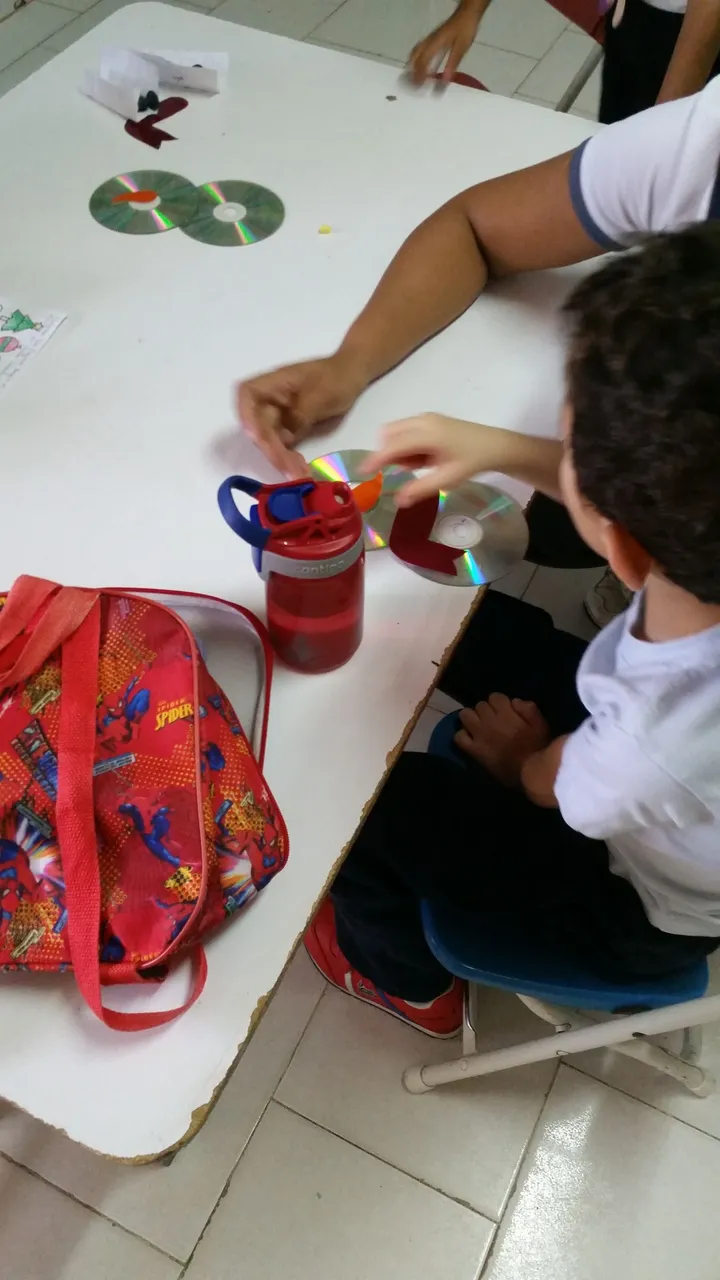
Para la población de niños autistas, y hago este señalamiento porque sabemos que una de las características que conceptualiza esta neurocondición de desarrollo son las limitaciones a nivel de comunicación y socialización, la escuela es importante; quizás, no desde la misma presunción que para el grueso de la población, porque el enfoque desde la función social solicita que estas instituciones sean referentes para el fomento de los aprendizajes desde los juegos y la participación.
Las característica de una escuela inclusiva, según, Dueñas Buey Mª Luisa, desde donde se derivarían sus funciones, proyectadas hacia la comunidad educativa en general, se relacionan estrechamente con:
Planteamientos educativos amplios.
Énfasis en el sentido de comunidad y de pertenencia.
Servicios basados más en la necesidad.
Principio de proporciones naturales.
Enseñanza adaptada al alumno y estrategias instructivas reforzadas.
Evaluación no discriminatoria
EDUCACION INCLUSIVA. Revista Española de Orientación y Psicopedagogía
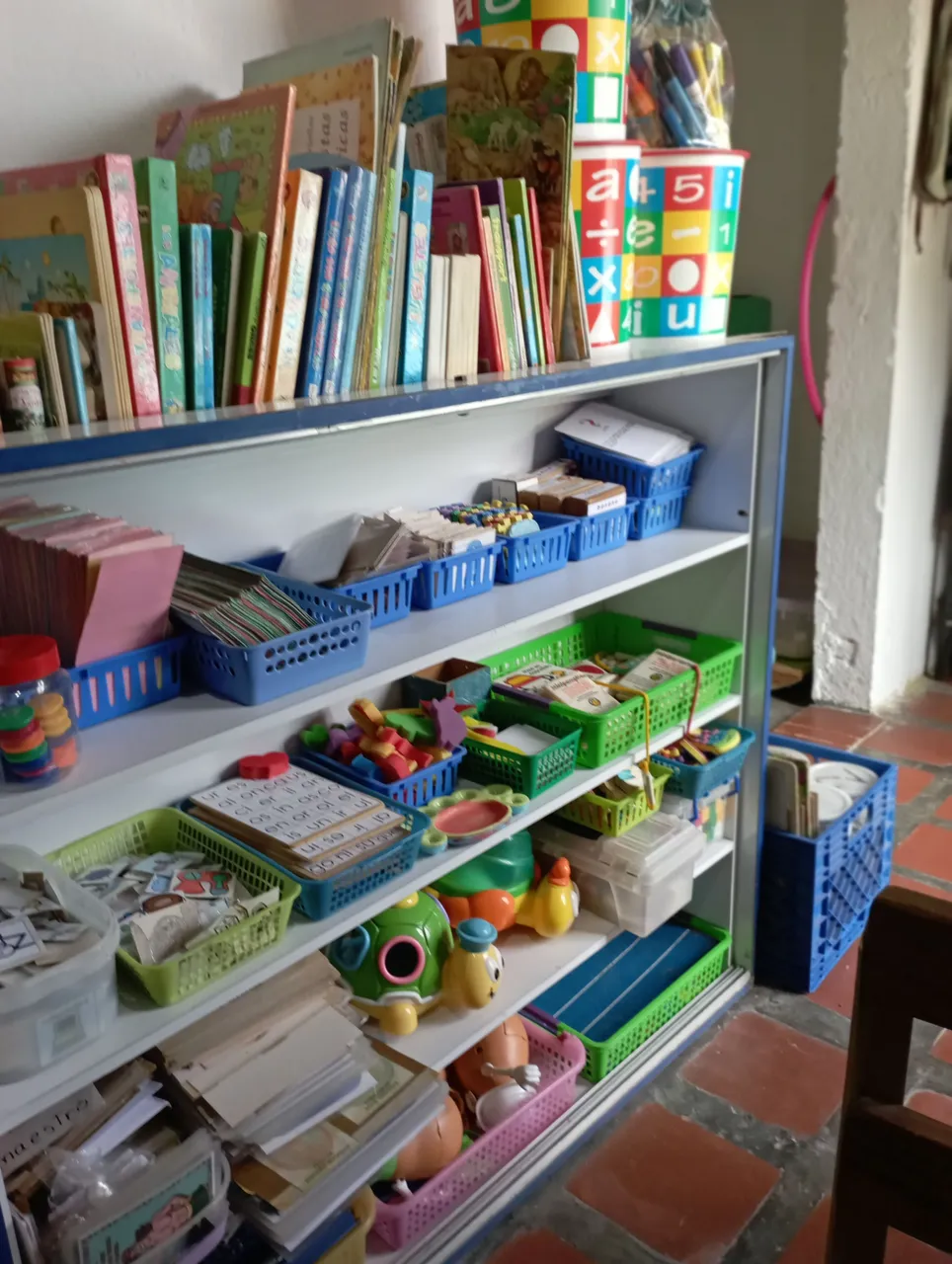
La mencionada autora, en el mismo artículo señala que estas dimensiones se alimentan en forma directa y obligatoria con una la perspectiva ética y la consolidación de los derechos humanos y el modelo social de discapacidad. Lo cual nos ratifica que las construcciones y concepciones sociales sobre la normalidad/anormalidad, lo típico/atípico, lo esperado/no esperado, son las que determinan realmente el balance ¿o desbalance?, de lo que dibuja la realidad en nuestra cultura.
Debemos reconciliar la distancia entre las palabras y los actos, lo cual implica desvestirnos de estas preconcepciones, hechas y dispuestas a la medida de la exclusión, el apartheid, la falta de sensibilidad, consideración y empatía hacia las familias y los niños cuyos derechos incluye que se les reconozca en su diferencia.
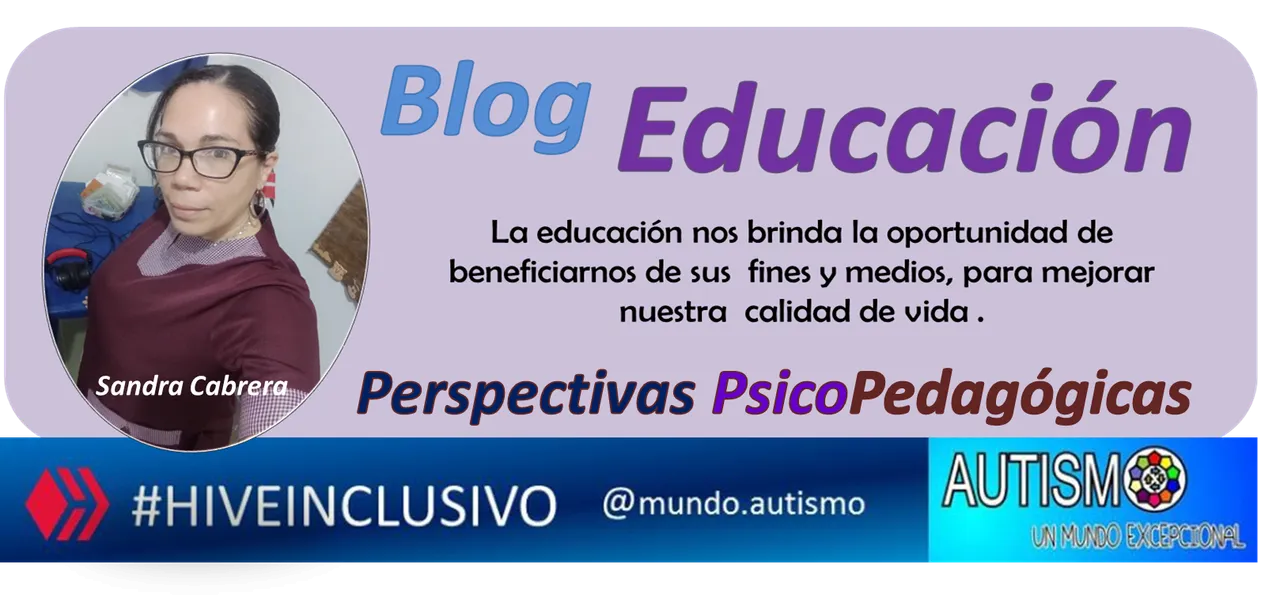
Soy Sandra Cabrera, licenciada en Dificultades para el Aprendizaje, con estudios de postgrado en Educación Especial Integral, Planificación Educativa y Literatura Infantil. Si te interesan los temas sobre educación especial, la discapacidad y las condiciones especiales del desarrollo, puedes contactarme a través de los números 04128032993 y 0412 8333334 y en:
El canal de Telegram, Trastornos del Aprendizaje.
En las redes sociales Instagram y Facebook1 y Facebook2. Sandra Cabrera Psicopedagoga.
En la cuenta de spreaker, @sandracabrerapodcast.

Las fotografía son de mi archivo de trabajo y las tomé con mi teléfono Redmi11.
La traducción la he realizado con Google.


Education in Venezuela is limited to the duties and rights outlined in the the laws. Its free and obligatory nature is decreed by the Venezuelan state, for the entire population of the country. Schools fulfill a social function that must go hand in hand with their academic function where all children learn content that will also help them in their academic, social and emotional progress.
Schools are par excellence a meeting place where adults and children spend a large part of their daily life. This coexistence is influenced by factors of various kinds that over time transform habits and patterns of socialization. Educational centers are micro-societies where the habits and customs of the cultural environment are reflected.

We know that people are classified as social, gregarious beings, who build their social environment as they progress in the social framework and understanding, that makes the norms, rules and guidelines, in some way, shape the behavior and the way in which we assume the complex recipe of relationships with others, from all social artists.
We are also aware that not all people have the same personal resources to deal with the complex and critical nature of undertaking a process of empathy with others, since each of us shapes our relationships according to patterns derived from our personal and environmental conditions. Heredity and environment making their everlasting encounter even before birth.

Children, according to the experiences they acquire in their progress along social paths, also create expectations, not only specifically about relationships with people as individuals; but also in the character of the conglomerate that these relationships bring to their lives, to their social and personal well-being. And we know that children who are pointed out with weaknesses in order to manage their personal strengths in order to build proactive relationships with their environment, are pointed out, labeled, marked, selected and placed in a margin whose implications, invisible and painful, remain in public anonymity.
When we are present in a school, and we are good observers, we will realize who these children are who suffer from the ignorance of the institution on which parents have placed, not only their hopes, but also the purposes of life so that their children can have the necessary support to make their way towards the progressive consolidation of social life, so important for independence and the construction of a life project, in the future, when they can no longer accompany them. #

For the population of autistic children, and I make this point because we know that one of the characteristics that conceptualizes this neurodevelopmental condition is the limitations at the level of communication and socialization, school is important; perhaps, not from the same presumption as for the bulk of the population, because the approach from the social function requests that these institutions be references for the promotion of learning through games and participation.
According to Dueñas Buey Mª Luisa, the characteristics of an inclusive school, from which its functions would be derived, projected towards the educational community in general, are closely related to:
Broad educational approaches.
Emphasis on the sense of community and belonging.
Services based more on need.
Principle of natural proportions.
Teaching adapted to the student and reinforced instructional strategies.
Non-discriminatory evaluation
[INCLUSIVE EDUCATION. Spanish Journal of Guidance and Psychopedagogy

The aforementioned author, in the same article, points out that these dimensions are fed directly and obligatorily by an ethical perspective and the consolidation of human rights and the social model of disability. This confirms that social constructions and conceptions about normality/abnormality, typical/atypical, expected/unexpected, are what really determine the balance (or imbalance?) of what reality draws in our culture.
We must reconcile the distance between words and actions, which implies stripping ourselves of these preconceptions, made and prepared to measure for exclusion, apartheid, the lack of sensitivity, consideration and empathy towards families and children whose rights include being recognized in their difference.

I am Sandra Cabrera, a graduate in Learning Difficulties, with postgraduate studies in Comprehensive Special Education, Educational Planning and Children's Literature. If you are interested in topics related to special education, disability and special developmental conditions, you can contact me at 04128032993 and 0412 8333334 and at:
The Telegram channel, Learning Disorders.
On social media Instagram and Facebook1 and Facebook2. Sandra Cabrera Psychopedagogue.
On the spreaker account, @sandracabrerapodcast.

The photos are from my work file and I took them with my Redmi11 phone.
The translation was done with Google.